
Alfred Deakin Institute 2021 Conference
11-12 November, 2021
Human crises of the magnitude of the COVID-19 pandemic expose the foundations of our lives and compel questions about the possibilities for our futures. The pandemic – a crisis simultaneously medical, cultural, political, ecological, and economic – has carved new fault-lines within our societies, intensified existing ones, and also opened new possibilities for care and human solidarity. The possibilities of a post-COVID world, then, rest not only on questions of vaccination or herd immunity, but on multifaceted, human processes of recovery, reconfiguration, and repair.
In this global, interdisciplinary conference we invite panels and papers that draw from the humanities and social science disciplines to attend to these urgent tasks of recovery, reconfiguration, and repair. In doing so, we also acknowledge and invite consideration of the ways in which the COVID-19 pandemic represents only one of many intersecting crises, both acute and ongoing, with which many people and places have had to contend. These include the ongoing crises of settler colonialism and postcoloniality, climate change, ecological destruction, as well as what theorist Lauren Berlant describes as the crisis ordinariness of precarious life in late capitalism. We seek to attend, as well, to the unequal distributions of risk and vulnerability throughout the pandemic, including between the Global South and North.
The conference will be held in a blended format, with in-person participation at Deakin University’s Burwood campus in Melbourne, and virtual participation options.
Keynotes:
- Professor Janet Roitman, The New School, New York. Author of Anti-crisis (Duke University Press, 2013)
- Professor Deborah Lupton, Centre for Social Research in Health, University of New South Wales, Sydney. Co-editor of The COVID-19 crisis: Social perspectives (Routledge, 2021)
- A/Prof Katerina Teaiwa, Australian National University, Canberra. Author of Consuming Ocean Island: Stories of people and phosphate from Banaba (Indiana University Press, 2015)
- Bhiamie Williamson, Centre for Aboriginal Economic Policy Research (CAEPR), Australian National University, Canberra
- Dr América Molina del Villar, Centre for Research and Advanced Studies in Social Anthropology (CIESAS), Mexico.
Keynote and panel abstracts: https://adi.deakin.edu.au/2021-conference-panels-and-keynotes
Conference details and registration: https://adi.deakin.edu.au/events/2021-conference (registration opens soon)
Conference convenors: Dr Victoria Stead, A/Prof Maurizio Melan
Enquiries: Arif Saba at adi-events@deakin.edu.au


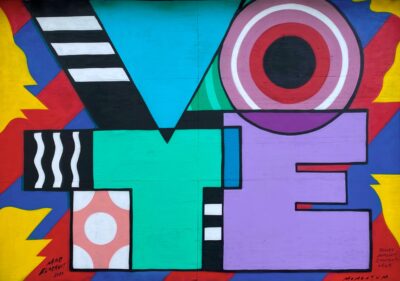
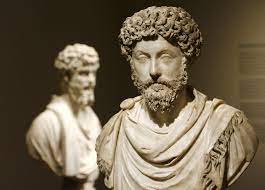

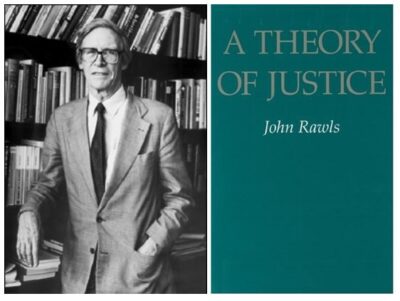

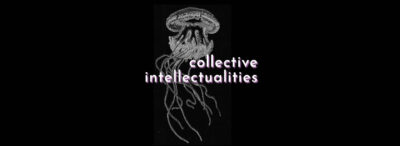
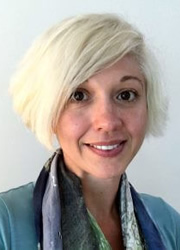
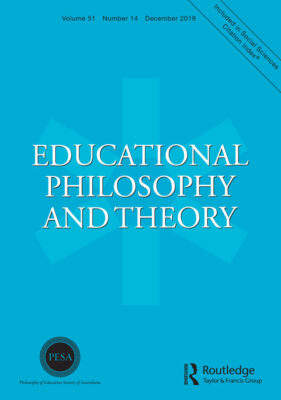
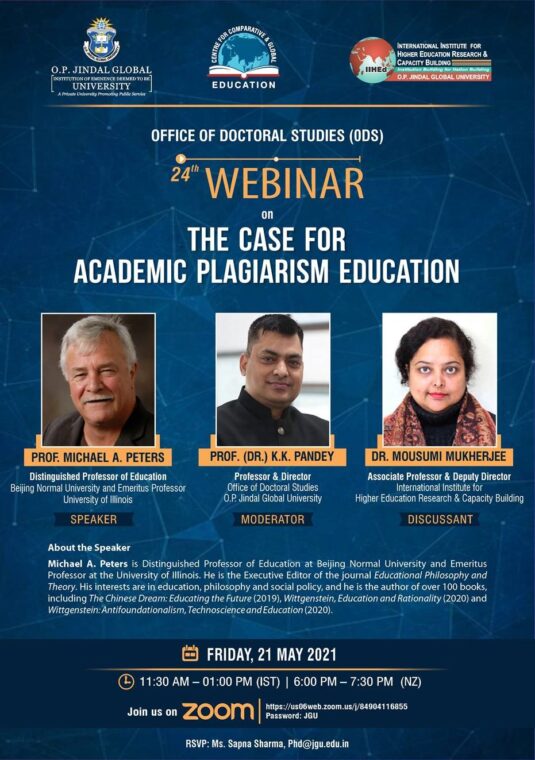
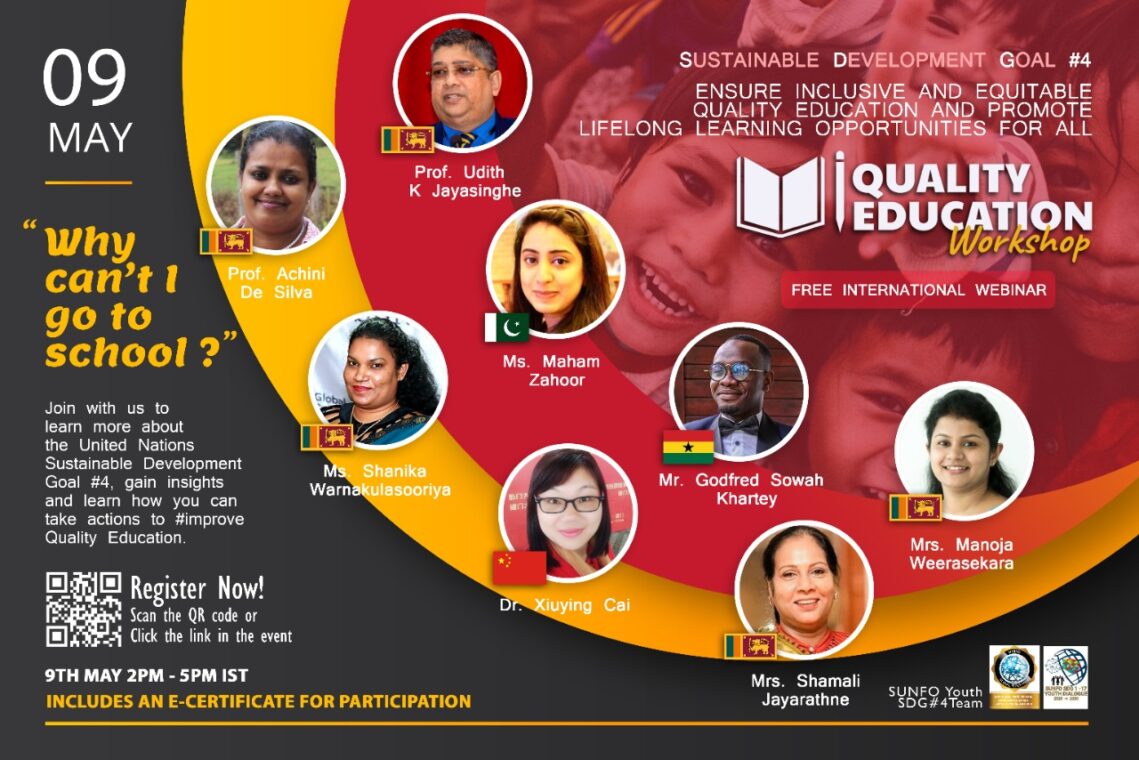

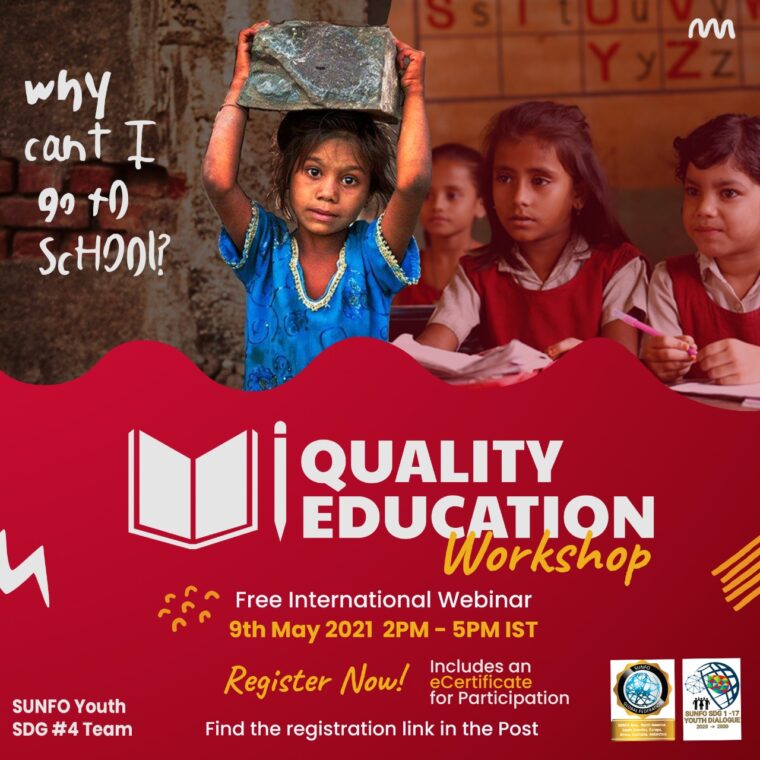
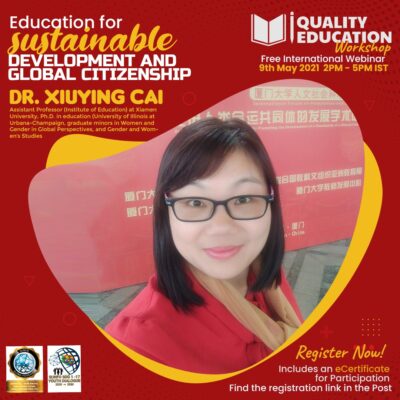
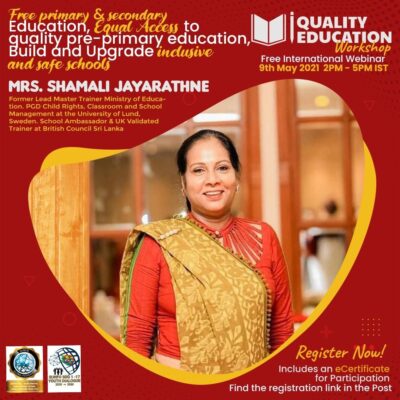

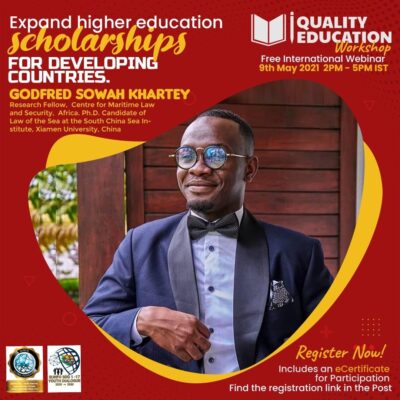
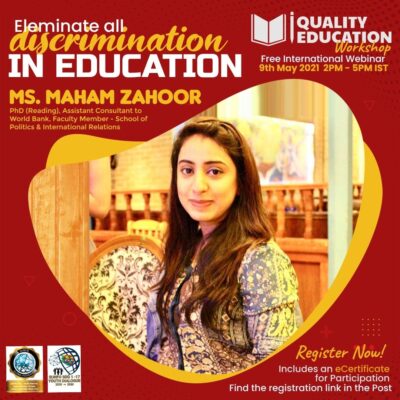
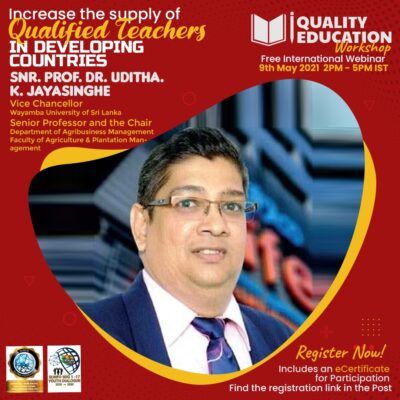
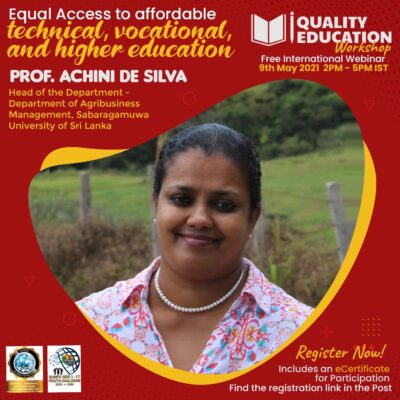
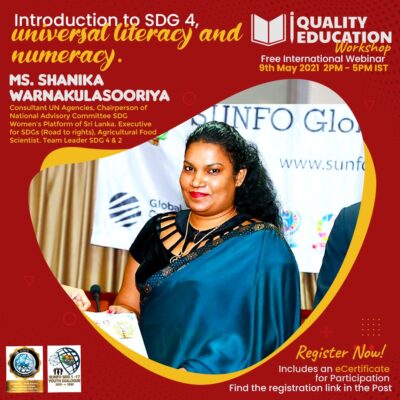
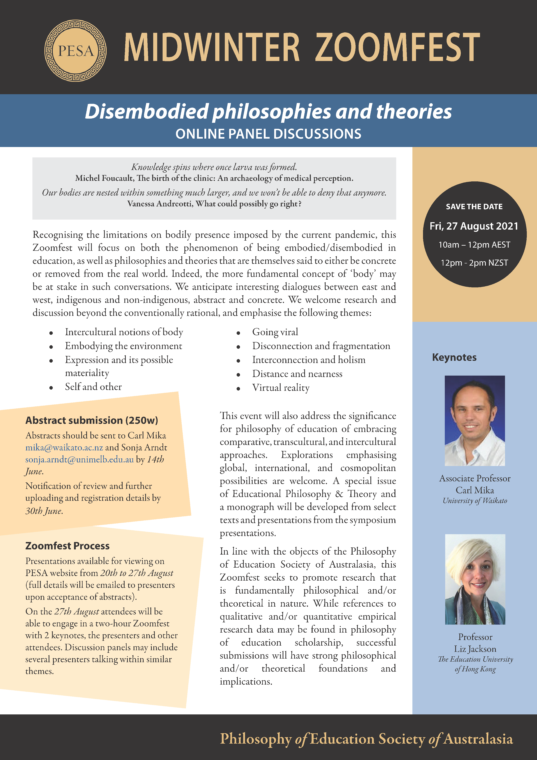 Dear PESA Members
Dear PESA Members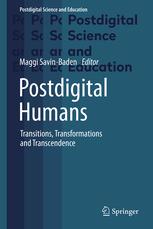
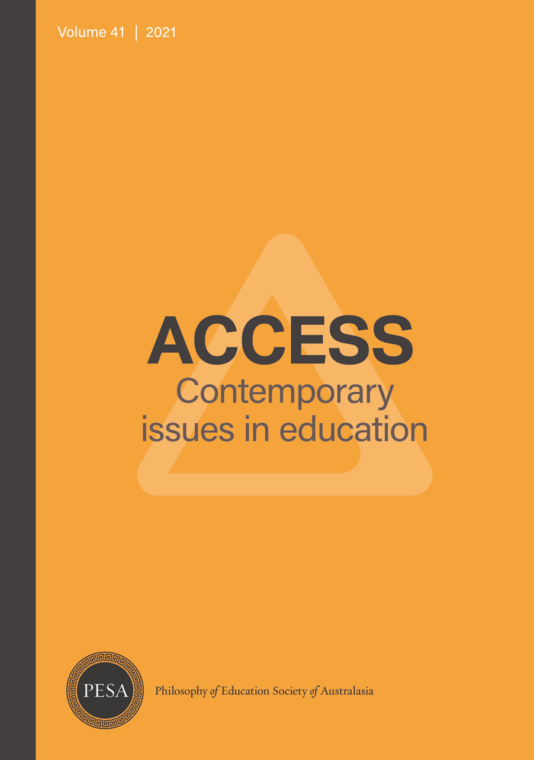 Call for papers
Call for papers 

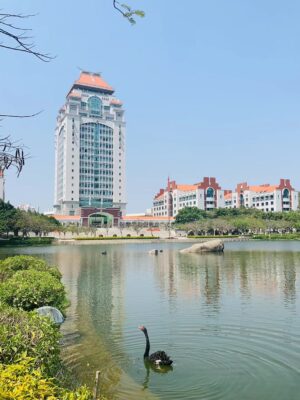
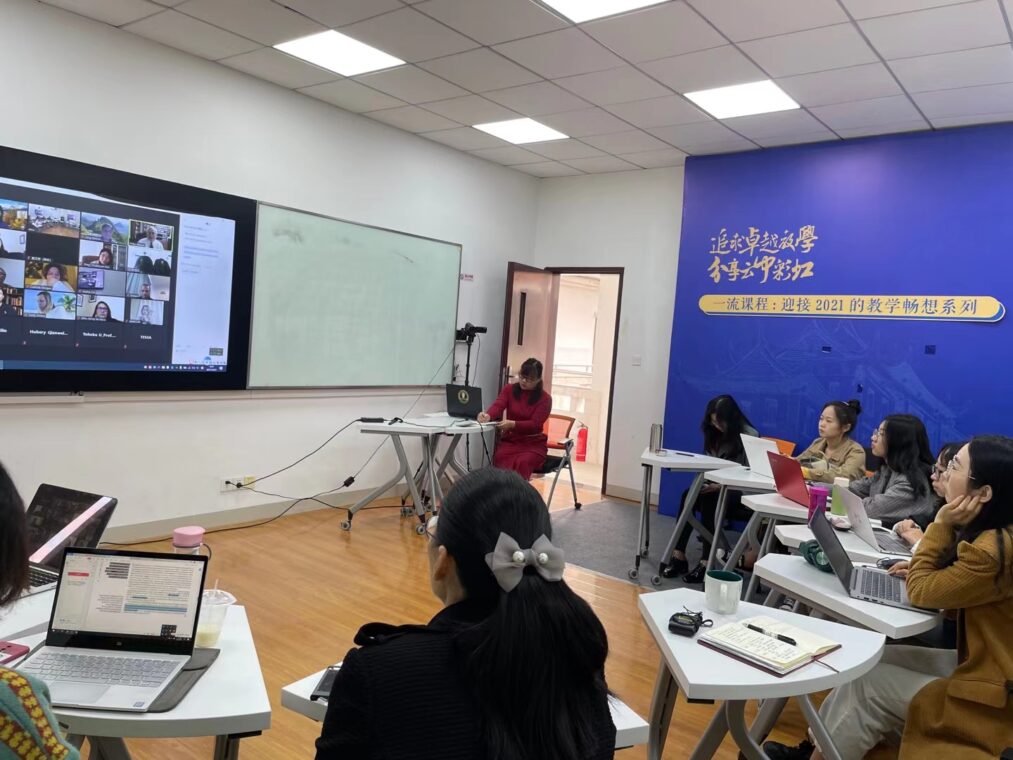
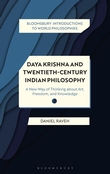
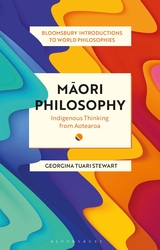
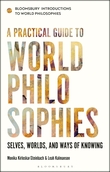
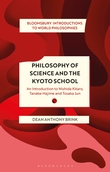

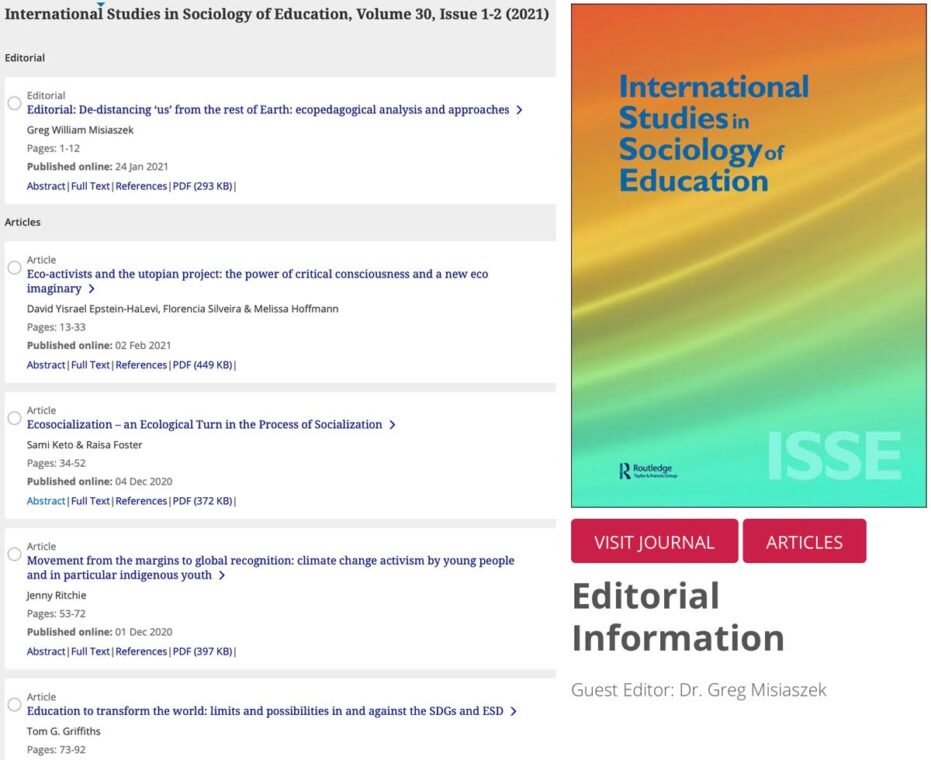
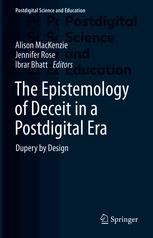


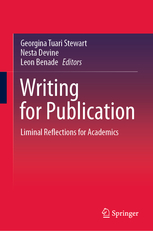



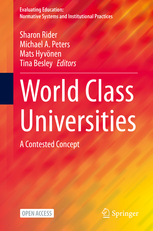
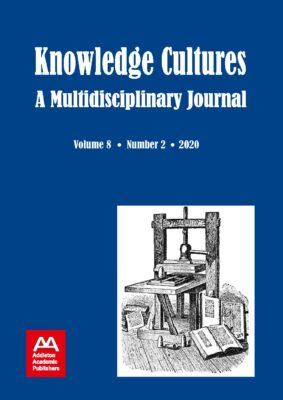





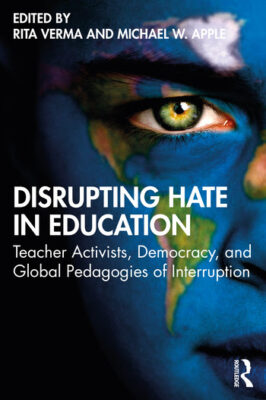



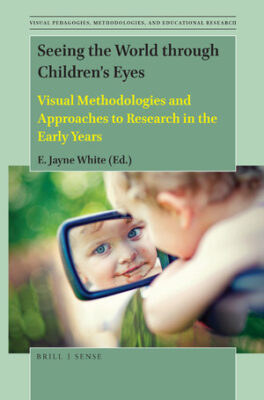 Mark December 3rd in your diary, because you’re invited to an online celebration of the launch of
Mark December 3rd in your diary, because you’re invited to an online celebration of the launch of 



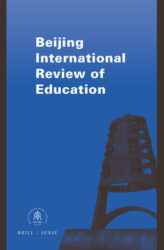 The
The 
